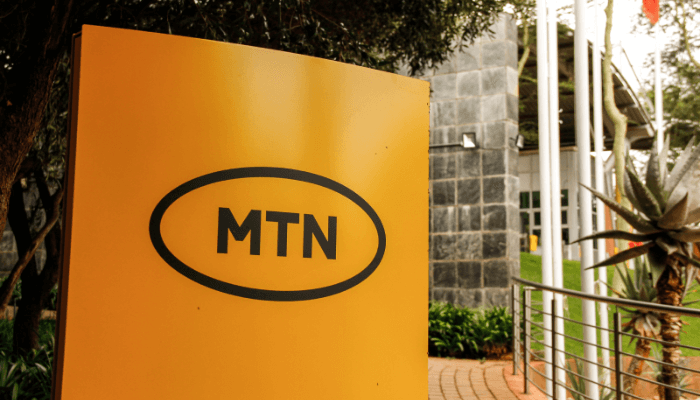At the CV Summit held in Cape Town on 25 April, investors expressed renewed confidence in the African blockchain startup ecosystem. In 2022, the global crypto and blockchain industry entered a crypto winter as investments in the sector slowed significantly. Africa was not spared.
That slowdown caused several African blockchain and crypto startups to lay off staff, sell assets or shut down.
However, a changing crypto landscape is restoring investor confidence in the African foray into blockchain innovation. Investors cited improving regulatory environments, innovative startups, and widespread blockchain adoption by consumers and enterprises as the reasons for optimism.
One of the investors putting money where their mouth is Swirtzland-based Crypto Valley VC, which has raised the Africa Fund, focused on investing in African crypto and blockchain startups. The fund invests up to $135,000 for 7% on a convertible note. It also makes direct and follow-up investments in seed, pre-Series A, and Series A rounds; ticket sizes are between $200,000 and $500,000.
According to Mathias Ruch, founder and CEO of CV VC, the evolving use cases of crypto and blockchain in Africa have warranted significant investor attention. “We have so far invested in 14 African startups building everything from wallets and developer tools to infrastructure,” Ruch told TechCabal.
Addressing a panel discussion on how the gap between blockchain innovators and investors can be bridged, Rony Vogel, CEO of the Vogel Front Office, mentioned that innovators need to explain the industry to investors. “A lot of capital is waiting to first understand and then support Web3 innovation in Africa,” Vogel said.
In the 250-people crowd at the Watershed Workshop 17 conference venue, the overarching feeling was relief and excitement for the industry’s future.
Andrew Forson, head of ventures at the Hashgraph Foundation, cautioned startups to refrain from using vanity metrics to justify hefty valuations and go back to the basics of building businesses which solve relevant problems and have strong unit economics.
“There has to be a rationalisation of valuations to justify investor confidence in what startups are building and asking investor funding for,” Forson said in a presentation.
For startup founders, the fact that Africa’s blockchain ecosystem looks set to get a second chance at getting funding to drive innovation is a rare opportunity not to be wasted. In the current hazy funding environment, it is rare for any sector to get another opportunity to build products that change and improve the lives of consumers and the blockchain industry has exactly that. As one panellist said to startups in attendance, “The onus is on you to convince investors to put their hard-earned money into your business so go out there and build.”




















